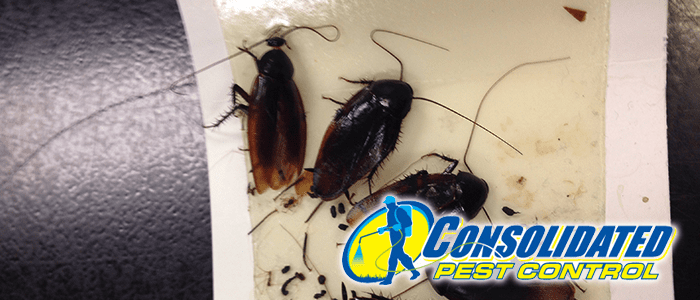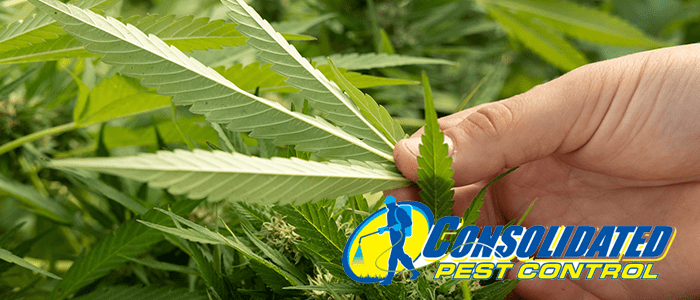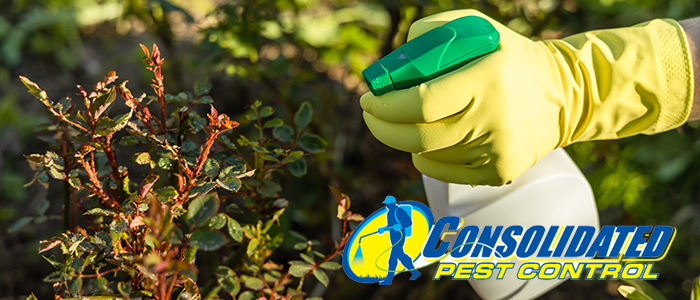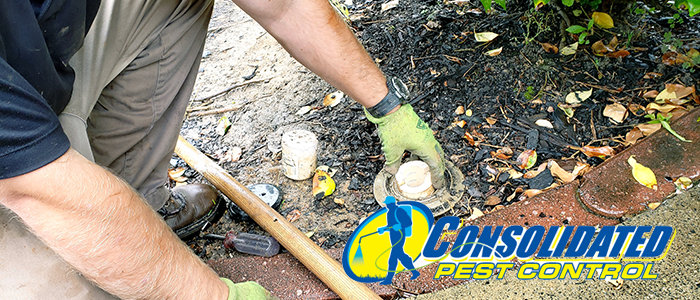
Methods of Pest Control – An Overview
Regulation or management of a species that has been deemed a pest and is believed to be detrimental to human health, the environment, or the economy is known as pest control. Pests include all animals—including insects, mammals, birds, fish, and other species—that are seen to pose a threat to human welfare. Pest control is essential in settings related to household, agricultural, and food production. Which of the many available pest control methods should be used depends on the kind of insect and the specific situation.
Insecticides
One common method of pest management is the use of insecticides. To eliminate or manage pests, chemicals known as pesticides are used. These substances can be used as sprays, baits, or dusts on houses, gardens, and crops to manage pests. Rodents, insects, and weeds are just a few of the many pests that pesticides are effective in controlling. The environment and organisms that are not their intended targets can be harmed by the use of pesticides. In order to prevent the emergence of pests that are resistant to them, it is crucial to apply these pesticides as instructed on the label and to avoid overusing them.
Other Creatures
One additional method of pest eradication is biological control. The term “biological control” refers to the use of living organisms to manage pests including pathogens, parasites, and predators. This method of pest control has the potential to be efficient and sustainable because it relies on how organisms interact naturally. For example, ladybugs and parasitic wasps can be used to control caterpillars and aphids, respectively. This approach is also less hazardous to the ecosystem and non-target organisms when compared to chemical pesticides.
Physical Pest Control
A physical pest management method is the use of traps. Traps can be used to kill or capture pests. For instance, mice can be killed with snap traps, and rats can be captured with adhesive boards. This method of non-toxic pest control is effective and cost-effective.
Another physical pest control method is the use of barriers. Barriers, such as placing screens on windows and doors to keep out flying insects, can keep pests out of a particular area. Another technique to stop pests from getting to crops is to use physical barriers, like fencing to keep out deer and other wildlife.
Cultural Control
Cultural control, which comprises changing how we interact with the environment, is another strategy for keeping pests from growing. One of the best methods for cultural management is crop rotation. By changing the crops we grow, we can disrupt the pest life cycle and reduce their population. Avoiding monoculture, using proper agricultural management, and maintaining basic cleanliness are further cultural control strategies.
Integrated Pest Management
Last but not least, Integrated Pest Management (IPM) is a multi-pronged approach to pest control. IPM can include the use of pesticides in addition to other tactics like biological control, cultural control, and physical control. By considering how each pest control technique will affect the economy, the environment, and human health, this method determines which pest control strategy is most appropriate for the given situation.
Conclusion
In conclusion, pest control is a crucial strategy for protecting our economy, ecology, and wellbeing. Which of the many available pest control methods should be used depends on the type of insect and the specific situation. Using pesticides, despite being a common practice, has negative impacts on the ecosystem and organisms that aren’t the intended targets. The biological and cultural control strategies work well and cause minimal environmental harm. Physical control, such as the use of barriers and traps, is another non-toxic way to get rid of pests.
For more information on this topic or to engage a professional to help you, get in touch with Consolidated Pest Control as soon as possible.








